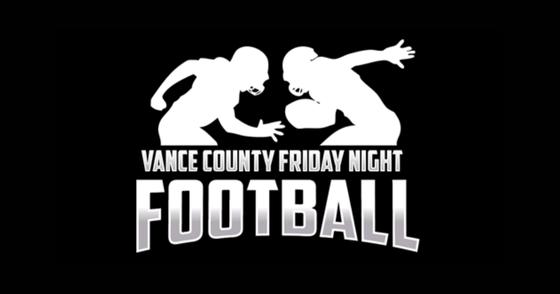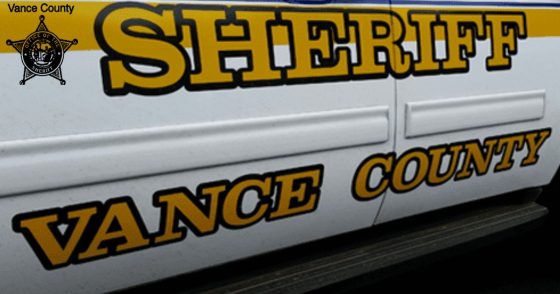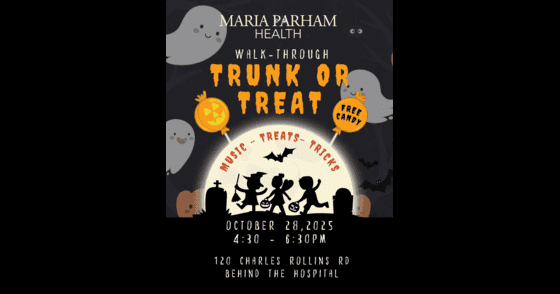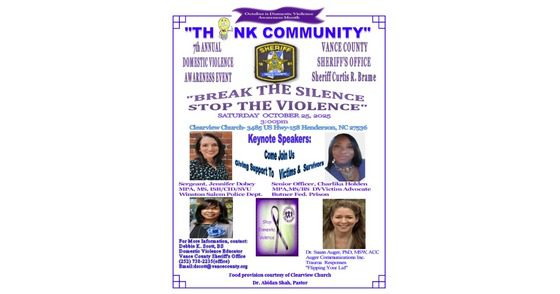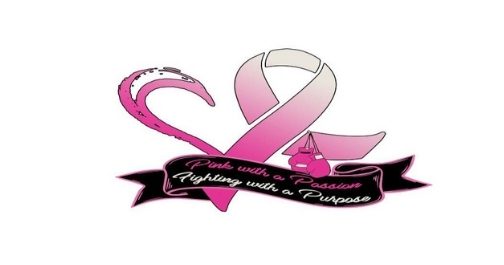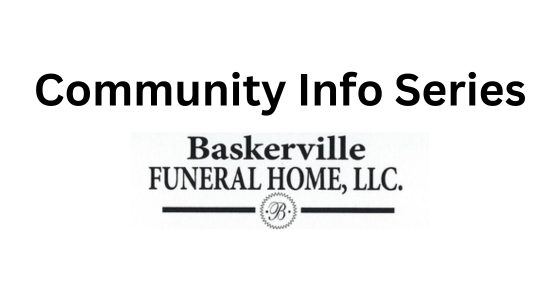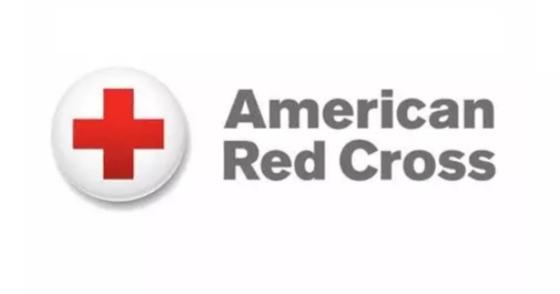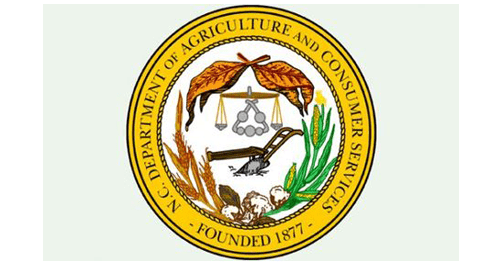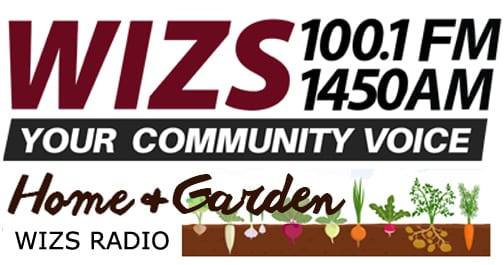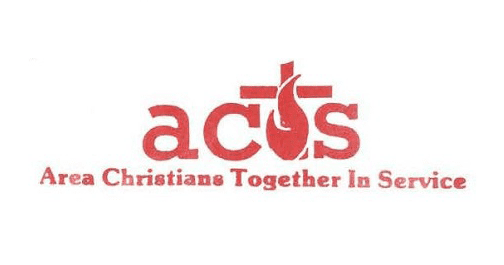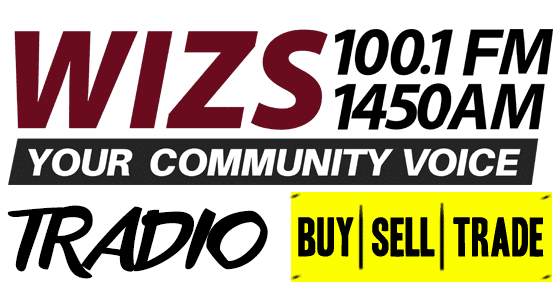From fast-food wrappers to discarded mattresses, roadside litter is taking a toll on local budgets and drawing complaints from county residents. Vance commissioners heard an update from the board’s planning and environmental committee at its meeting on Feb. 1 and discussed possible ways to combat the problem.
Committee members Carolyn Faines, Leo Kelly, Jr. and Gordon Wilder met on Jan. 25 with Vance County Appearance Commission chair Terri Hedrick, Sheriff Curtis Brame and Frank Carpenter, local NC Department of Transportation maintenance engineer, to discuss the issue of roadside litter. At that time, Carpenter told the group that NC DOT spent $396,597 in FY 2020 to clean up local roads. Money for roadside debris cleanup has gone down in recent years, and he has now exceeded his budget for this activity. Between the costs of running the equipment and the cost of employees doing the work, the money is quickly spent.
Several areas of the county are of special concern, and Sheriff Brame said increased patrolling of problem areas could be a possibility. The group also discussed possible use of trail cameras along roadways where people dump trash illegally. Problem areas include the gravel portion of Ross Mill Road, located within city limits, as well as Country Acres Drive, Carpenter noted in an email the commissioners reviewed at their meeting.
Litter has reached an “outrageous status,” Carpenter said in the email, dated Jan. 5, 2021. From the Country Acres Drive area alone, his crews collected and dumped 4 tandem truckloads of trash and debris – which incurred tipping fees at the landfill. He said, at this rate, his department literally cannot afford the weekly pickup.
Hedrick said the appearance commission has tried numerous ways to reach out to the public over the years to reduce the amount of trash along the county’s roadsides. This surge, however, she theorized, is due in part to the pandemic: “People are staying in their cars more and eating take-out food, especially from drive-thru windows,” Hedrick told WIZS. “So, they eat in the car and for their own convenience toss the trash out the window.”
Some of the litter gets tossed from vehicles just passing through the county, she said, but she said she believes that most of the litterbugs are local residents who lack community pride.
The committee and Carpenter agreed that the DOT crews would concentrate on cleaning up the major roadways first — U.S. 158, N.C. 39 and U.S. 1 — and then deal with some other problem roads where items such as mattresses, box springs, furniture and old televisions have been dumped.
“This is such a challenging issue across the entire state, and we are looking for ways to curb this practice,” said County Manager Jordan McMillen. Increased patrols by the sheriff’s department could be one way to reduce the problem, McMillen told WIZS Tuesday.
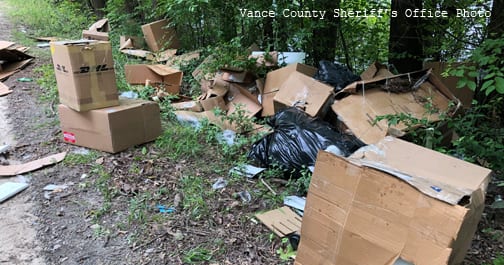
In this file photo from June, 2020 courtesy of the Vance County Sheriff’s Office, illegal dumping was investigated on Spring Valley Road and Spring Valley Lake Road. Two suspects were arrested.
The committee noted that improvements in shoulder maintenance could help the litter problem. In larger counties, crews pick up trash in advance of the mowers being used along the roadside. And although there are about 60 Adopt-A-Highway groups in the county, Hedrick said not all are active. She said the appearance commission asked local DOT officials to remove signs along the designated roadways if the group doesn’t meet the minimum requirement of cleaning their 2-mile stretch at least 4 times a year. “We have found that many of the groups are mostly older people and their immediate families, so their numbers are small and often they are unable to clean up or feel it is too dangerous,” she acknowledged. “There is danger in standing on the side of the road to clean up as passing cars go by, plus there are a lot of unsafe things to pick up,” Hedrick said.
One listener called in during Tuesday’s Town Talk to discuss the issue, then later submitted a letter to WIZS. Below is a portion of the letter that Porter Shaw, who lives in Warren County wrote, and what probably many county residents feel:
“Littering reflects the laziness and carelessness of people. Much of the roadside litter I see is bottles, cans, fast food packaging, cigarettes and some household garbage and trash. Teach young people not to litter.
– Cover truck and trailer beds when transporting trash or other loose items.
– Carry and use a litter bag in your vehicle
– Report litterbugs when you see them to the NCDOT Swat-A-Litterbug program
I encourage people of our area to form and join Adopt a Highway offered through NCDOT, and let’s support local law enforcement, engage and prosecute offenders.
Retail and commercial sites should provide more trash receptacles along with fast food restaurants for their patrons since dining is limited during the COVID pandemic.”
Hedrick said that her commission believes that education remains a key to help unlock the problem of litter. “Our residents need to understand we all share in the appearance of our community and how expensive it is to clean up a problem that really is pretty easy to solve,” she said. I’m really at a loss at this point as to how we appeal to people to care how things look and give them the motivation to properly dispose of their trash.” One suggestion Hedrick has is to open manned collection sites on Sundays. “The county needs to communicate better with residents on what is accepted at the trash sites and let everyone know their operating hours,” she added. For example, electronics and old tires are only accepted at the collection on NC 39 North. Communicating that effectively to the public would be a start in the right direction. And it could lead to fewer televisions and trashed tires on the roadside.

